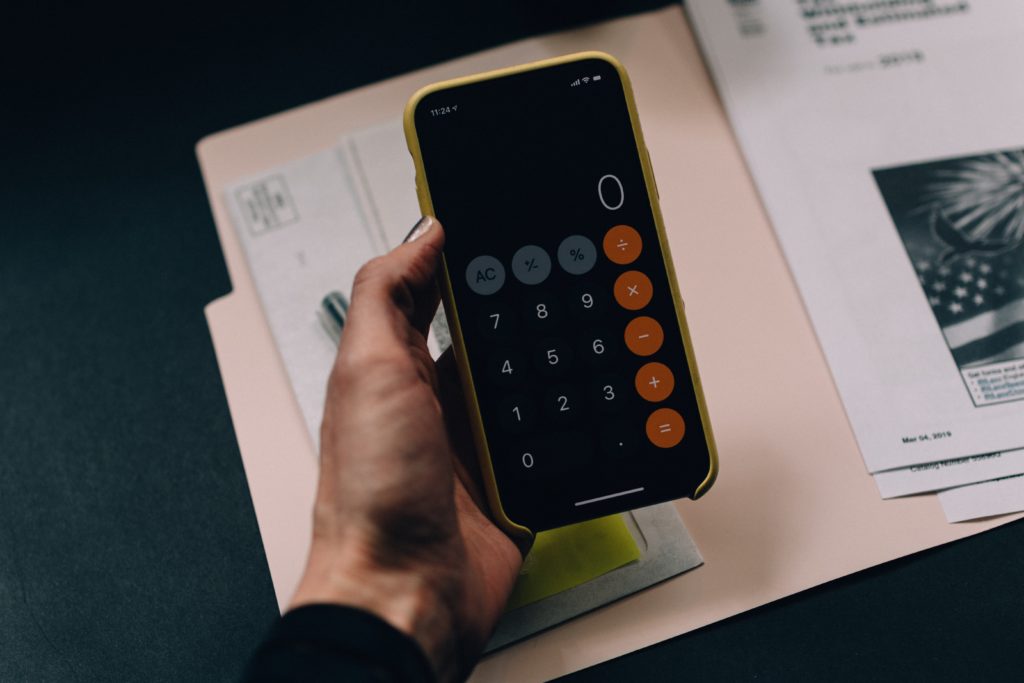Here’s what freelancers and contractors need to know to get access to unemployment benefits.
The federal government is stepping in to help self-employed people who have suddenly found themselves out of work. And, for the first time ever, the third of the American workforce that relies on freelance work will be able to apply for federal unemployment benefits to make up for lost income during the coronavirus crisis. Under the new legislation designed to stifle the economic impact of the coronavirus pandemic, freelancers and contract workers will qualify for unemployment benefits, paid sick leave, and paycheck protection loans. Here’s what freelancers and contractors need to know to fully take advantage of the government’s aid programs.
Where to apply?
Self-employed workers should apply for unemployment insurance payments through their state’s unemployment office (you can check the step by step process here). That check will be approximately half of what you earned before, but the max amount varies by state. Florida will pay out no more than $275 a week, while California’s maximum is $450 a week.
What documents do I need?
State requirements will vary, but, in general, you will need the following information to file a claim:
- Your name, full mailing address, and phone number.
- Driver’s license or state ID number.
- Social Security or Alien Registration number and drivers’ license number.
- Proof of income which may include 1099 tax forms, W2 tax forms, pay stubs, and tax returns.
- Bank account number and routing number for direct deposit, if that’s how your state pays unemployment claims.
What’s the biggest challenge?
Proving that you actually lost work may be the most challenging part for freelancers. “While self-employed and gig workers may be newly eligible for unemployment benefits, they may not qualify if they don’t have the proper pay documentation,” says Linda O’Brien, a legal tax expert at business consultant firm Wolters Kluwer. The Labor Department’s CareerOneStop portal can help you check your state’s requirements.
How to check my eligibility?
Even freelancers who haven’t lost work qualify for a paycheck protection loan equal to 10 weeks’ earnings. Business owners will even be able to apply to get the loans, which can be used to replace lost earnings or cover expenses such as rent, forgiven.
You may be eligible for unemployment benefits, depending on your personal circumstances and how your state chooses to implement the CARES Act. Eligibility varies from state to state, so check with your state unemployment office to find information about who is eligible to collect unemployment compensation, and how to go about filing a claim.
When you become unemployed, it’s a good idea to check if you may be eligible for benefits right away. It can take time to begin receiving benefits if you do qualify, so you should file your claim as soon as possible.
What about sick leaves?
Self-employed workers affected by the outbreak are eligible for federally funded paid time off, thanks to the Families First Coronavirus Response Act. The FFCRA guarantees that freelancers and contractors can take up to 10 days off between April 1 and December 31 with pay to care for a sick loved one, comply with a state shelter-at-home order or a doctor recommended self-isolation, or to recover if they fall ill themselves.
The soonest freelancers will be able to access the funds is when they pay their quarterly taxes, however, according to The New York Times. The government will reimburse freelancers for the time off through a tax credit equal to your average daily earnings for each day off on your 2020 tax return, according to the FFCRA. However, the IRS isn’t making affected freelancers and contractors wait until next tax season to get the money. The credit can also be deducted from your quarterly tax payments.
The information contained in this article is not legal advice and is not a substitute for such advice. State and federal laws change frequently, and the information in this article may not reflect your own state’s laws or the most recent changes to the law.

